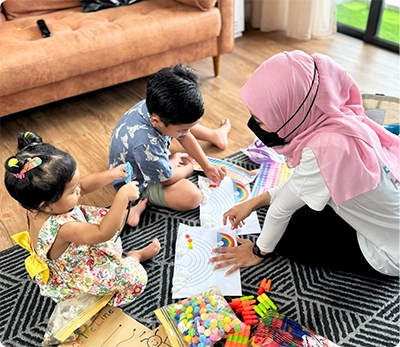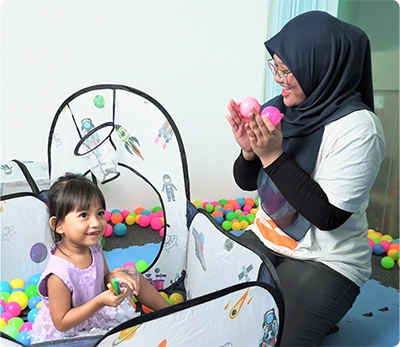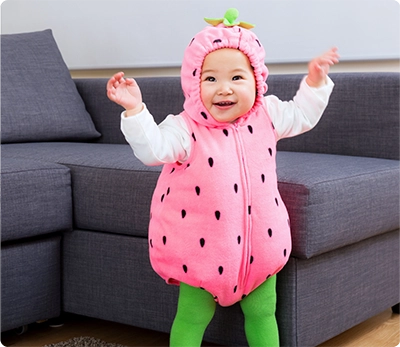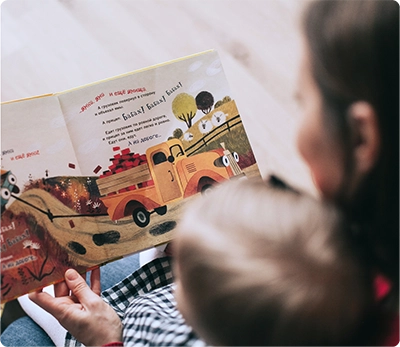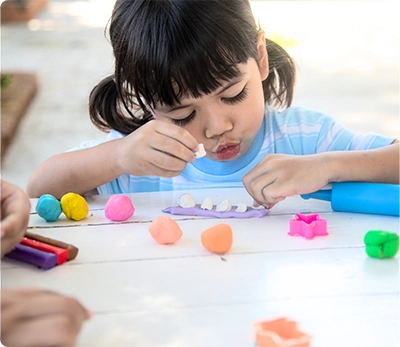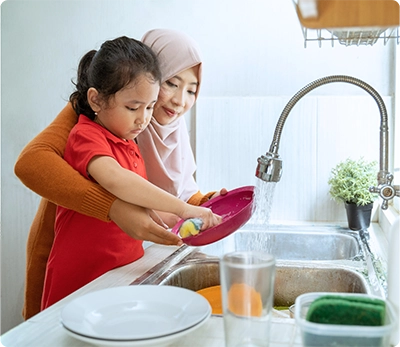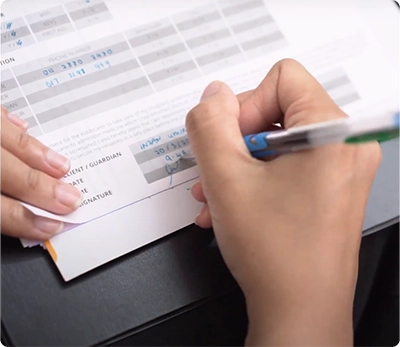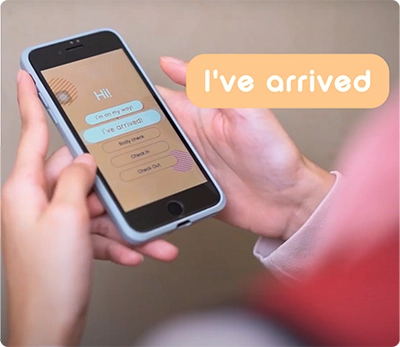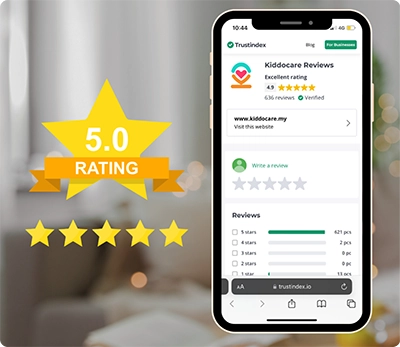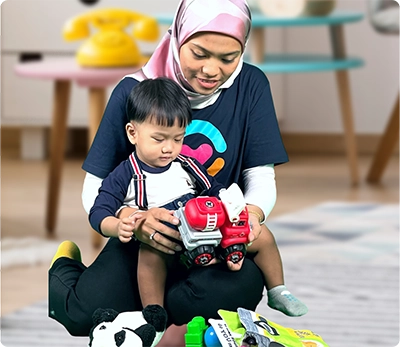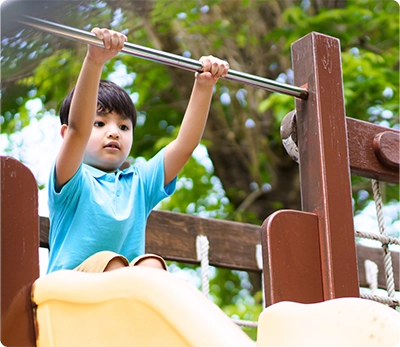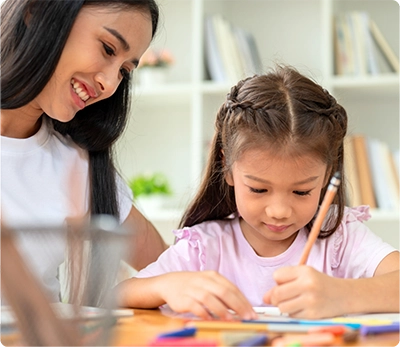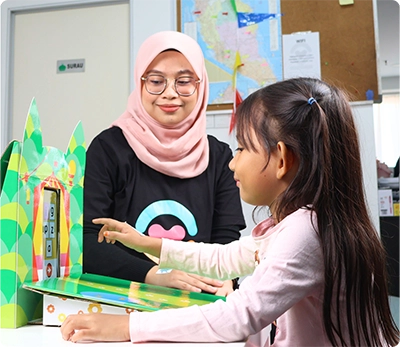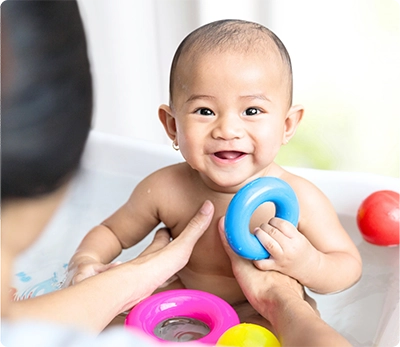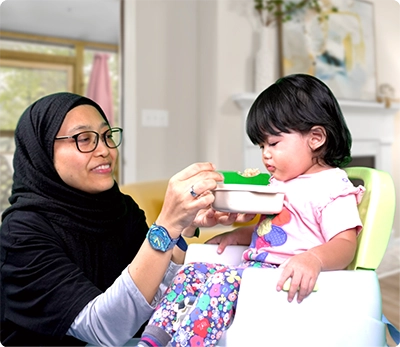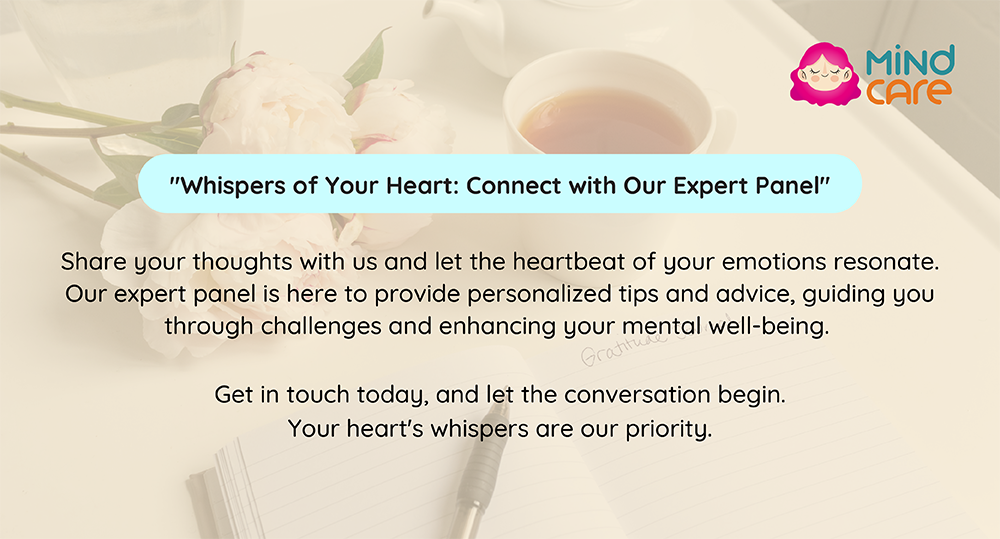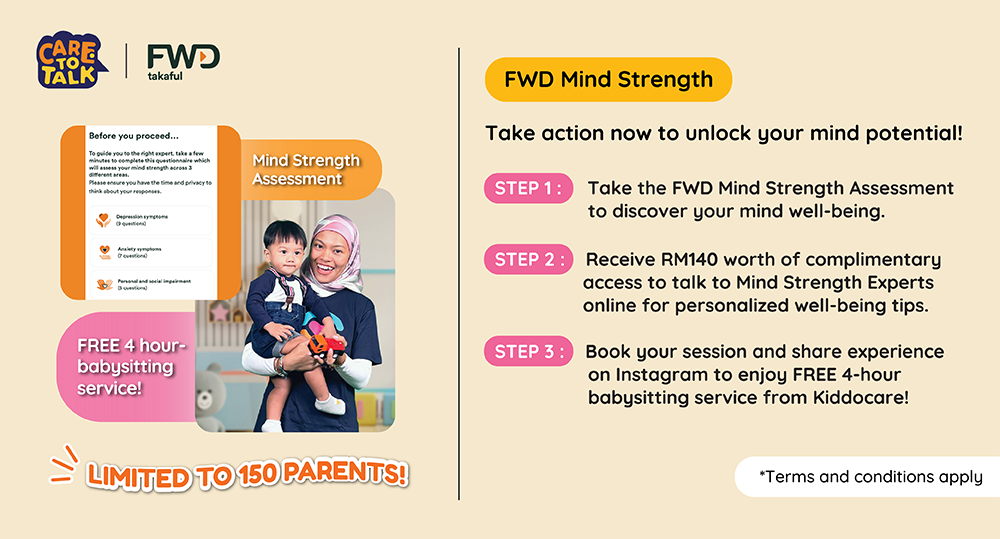Teaching Your Children How to Deal With Conflict
It’s 12.00 o’clock in the afternoon and you are ready to pick up your children from school. As you arrive, you patiently wait in the car and suddenly, the bell rings and you start seeing a lot of children walking and running towards and out of the school gate to find their moms and dads. Within minutes, you find your children walking towards your car. You smile at them but their response is not what you expected.
Your children’s faces seem sad and angry and you ask them if everything is okay but no response is heard. You feel something is off today. You try asking again and surprisingly this time, they answer but with huge dissatisfaction.
It seems that they have fought with other kids at school.
Here’s the truth: No one likes dealing with conflict. NO ONE. No matter how hard we try to avoid arguments, fights or quarrels, everyone will somehow need to face them at one point or another.
Due to this, your children need to start learning how they should deal with conflicts. If the next thing you’re thinking is to just let them avoid dealing with them, then this is actually a bad idea. Yeap.
Avoiding will only make things worse to the point where it may affect your children’s academic performance and emotional health. Teaching your children will let them professionally navigate conflicts; both small and big.
Here are some ways to teach your children how to deal with conflict:
Take a Deep Breath
It’s common for humans to take out their anger on others when conflicts happen. Well, the same goes to your children.
What you can do is teach your children to take a deep breath and let go. Inhale… exhale. Inhale… exhale. Inhale… exhale. Phewww. We assure you that not only your children will feel better, but you will as well.
Doing this is like releasing a big boulder on your shoulders. You and your children will feel great.

Understand the Problem
The next step is to understand the problem. What? What is it that your children have gone through?
Once calm has prevailed, talk to your children and see if they are willing to share with you the whole story. Stress that they have to be honest because children may sometimes lie through their teeth to convince others that they are not in the wrong.
As for you, listening is not enough. You need to show them that you are listening as well. They will have more confidence to speak up and possibly tell the whole truth of the circumstances.

Find Solutions Together
Once both of you have understood the issue, you can assist them in how they should solve their problems. But remember… avoid spoon feeding because your role is to only assist them. Helping them too much may resort to over-reliance that will affect their problem solving skills.
Dr. Lee, a child psychologist at the Child Mind Institute suggests brainstorming solutions with your children before choosing the best of all options. Give your children an opportunity to choose and let them explain why they think that particular solution is the one to go for compared to others.

Practice Effective Communication
Children need to learn to communicate their feelings and emotions clearly. This is very crucial because communicating with someone they have fought with can be a daunting task. Due to this, they need to practice to avoid saying unwarranted things because words can be sharper than the two-edged sword.
Get them to write down important keywords and talking points so that when they need to confront the situation, they will do it as flawlessly as we hope it would be. Werley, a clinical social worker at the Child Mind Institute explains that writing down talking points should not be taken for granted. It can improve their communication and can help them to get their points across effectively.
You can also role-play with them which will help you spot their body language. Give them feedback on non-verbal communication that they might not be aware of. Your children may talk effortlessly without stutters but that is because there is little to no eye contact made. With role-playing, your children will be more prepared to face the situation.

Follow Up
Ask them when they are going to confront the situation and follow up with them to see how they are getting along.
If they say that the solution isn’t working, then one way that is usually effective is to encourage your children to come up with a good apology. Apologizing will help them to repair and improve their relationship with others.
However, one thing you should be aware of is that your children may want to avoid putting the action into place because they are scared or afraid to face the other person. We absolutely get it, it’s not easy to face our fears. What you can do is give them something to inspire them. For example, you can reward them with a present if and only if they are obliged to do what they need to do.

Dealing with conflicts is surely a nerve-wracking experience but facing it is better than avoiding it. Your children need to acknowledge that solving conflicts is doable even when it’s difficult.
Written by:
Ian Firdaus




